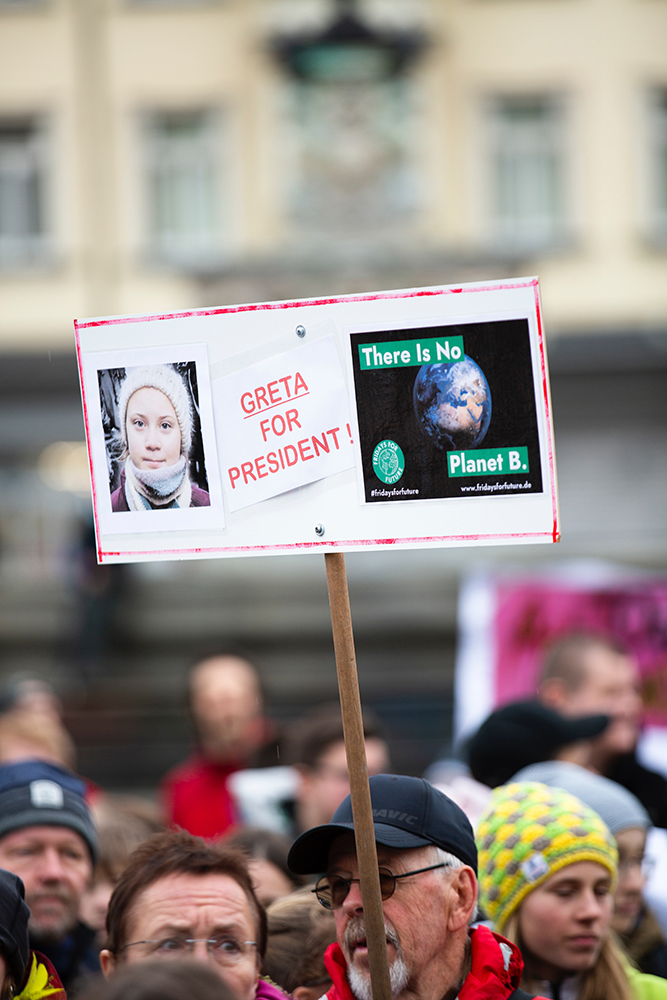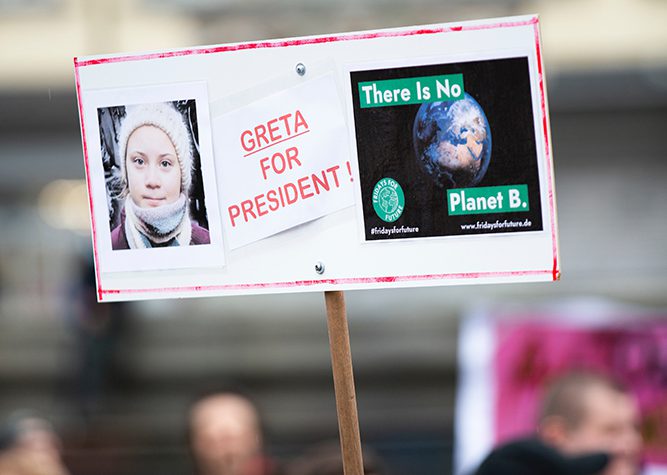
Amy Lee-Ludovicy was confused when she opened her email last week to find her childrens Mandarin class field trip had been canceled due to safety concerns. It wasnt the typical low temperatures or an incoming snowstorm that had prompted school administrators to act, but a disease outbreak on the other side of the globe.
In the email from Principal Marguerite Fusco of Warwick Valley High School in upstate New York, Lee-Ludovicy was told that her kids, who are in eighth and ninth grades, wouldnt be headed to New York Citys Chinatown to celebrate the Lunar New Year as planned. The explanation was the recent coronavirus outbreak, which is believed to have originated in Wuhan, China, she told NBC News.
I thought it was nonsensical, Lee-Ludovicy, a science teacher at Putnam Valley High School, also in upstate New York, and a native of Hong Kong, said. The outbreak is more than 7,000 miles away.
As the coronavirus continues to spread, experts point out that misinformation and misguided precautions, often rooted in racially insensitive stereotypes, have proliferated. So far, more than 4,515 cases of the illness have been reported and experts are concerned that increasing xenophobia could be another side effect of the illness.
If anything, I am tempted to predict that xenophobia will rise in significance to precisely the degree to which our sources of information all of them, not just media give us stuff to panic about, Robert Fullilove, a professor of sociomedical sciences at New Yorks Columbia University Medical Center, said in an email. More panic, more temptation to blame the outsider — the other.
Lee-Ludovicy said she felt the school administration was giving into hysterics, and asked to meet with them.
I feel this is very racially insensitive, she recalled telling them. The kids are not being educated on this matter, except they are just simply being told ‘we should stay away from Chinese people because this virus originated from China.’
The schools response, according to Lee-Ludovicy, was that they could agree to disagree. The district did not respond to NBC News request for comment.
At a time when New Yorks Chinatown neighborhood would normally be bustling with young people visiting cultural centers and shooting confetti cannons to mark the new year, theres been a bit of a void, one local said. Karlin Chan, director of the nonprofit Chinese Freemasons Athletic Club in New York, a group that teaches youth cultural practices through arts and athletics, said that he hasn’t noticed as many school groups visiting Chinatown this Lunar New Year.
“I think it’s out of an abundance of caution. But I also don’t think you should run away from anyone who looks Asian,” Chan said.
In other instances of racial insensitivity, social media users and media outlets have circulated a video of a Chinese woman supposedly eating bat soup in Wuhan, claiming Chinese peoples practice of eating wildlife or unsanitary dining, prompted the outbreak. The diner, vlogger Wang Mengyun, was targeted with hateful comments. However, the video wasn’t even taken in Wuhan, but was shot in the Pacific Island nation of Palau, where the dish is a delicacy.
Others have suggested race-based measures to contain the virus. Calling the coronavirus the Chi-com virus” (in reference to the Chinese Communist government), conservative radio personality Rush Limbaugh advocated for the U.S. to put a ban on Chinese passengers being permitted into the country. Similarly, conservative pundit Ann Coulter berated Congress for failing to ban travel from China to block the coronavirus that will kill Americans.”
Madeline Hsu, a professor of history and Asian American studies at the University of Texas at Austin, offered the reminder that Germs and viruses dont operate on the basis of race.
Unwanted migrants have often been associated both metaphorically and literally with disease and contagion, she said in an email. Disease serves as a physical demonstration of damages often attributed to unwelcome migrants, as with the 1832 cholera outbreak and the blaming of poor Irish, and the 2003 SARS outburst which was linked to Chinese and led to targeted travel bans and visa denials.
Fullilove pointed out that he hasnt yet seen the same levels of fear that arose with the Ebola outbreak in 2014, and he attributes it to the significantly lower death toll. He has conducted extensive research on HIV/AIDS, a field in which he said stigma and xenophobia have also played a major role.
When people play off of stereotypes, they are going for a simplistic and completely misinformed and frankly, ignorant answer, John C. Yang, president and executive director of Asian Americans Advancing Justice | AAJC, said. They are distracting from serious health work that is being done to contain a legitimate health concern.
Yang added that xenophobic attitudes regarding coronavirus hit on specific stereotypes surrounding Chinese people.
Unfortunately, there are definitely those people that still believe that somehow, Chinese culture generally, it’s backwards and foods are considered exotic, Yang said. That certainly leads to misperception and, even worse, misinformation or disinformation about what actually happens and what is the source of the coronavirus.
Experts say people should simply heed official warnings if they are at risk. If youve recently been in an area the CDC has designated as being at risk of the disease, and have symptoms consistent with coronavirus, you should get tested, whatever your ethnic or national background, Tom Inglesby, director of the Center for Health Security at the Baltimore-based John Hopkins Bloomberg School of Public Health, said. He pointed out that xenophobia is common in disease outbreaks, but shouldnt play a role in containment efforts.
In some areas, Chinese communities themselves have taken precautions. The Denver Chinese School canceled its Lunar New Year celebration, which was scheduled for Saturday, because of fears around the virus, despite risks to the general public being low, according to the Denver Post. Official Lunar New Year events were also canceled in Chicago.





More Stories
The South Australian government has promised to deliver the “biggest hit of economic adrenalin in South Australian history” in Tuesday’s budget.
Boris Johnson will proceed with his controversial Brexit bill despite US president-elect Joe Biden having previously warned the UK over the draft legislation.
Singapore-based Nektar.ai, a productivity platform for sales teams, has raised $2.15 million in seed funding. Founded earlier this year, Nektar has been working in stealth mode with five companies, and has plans for an early adopter release before a public la…